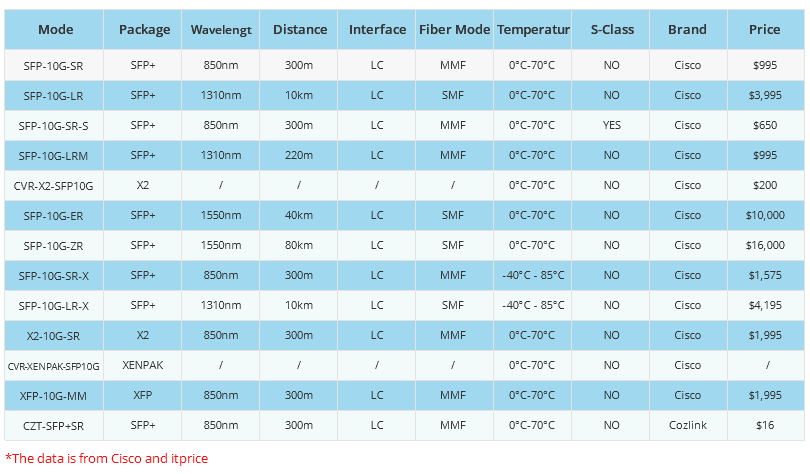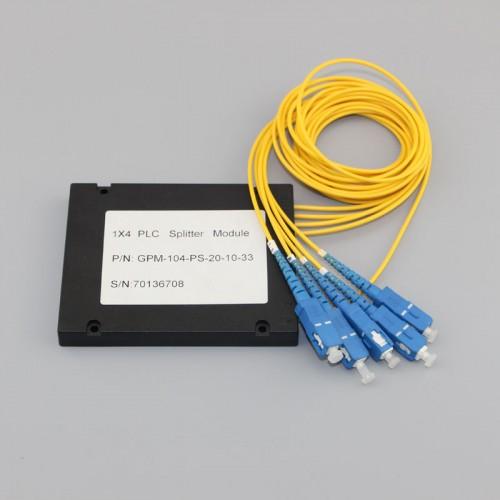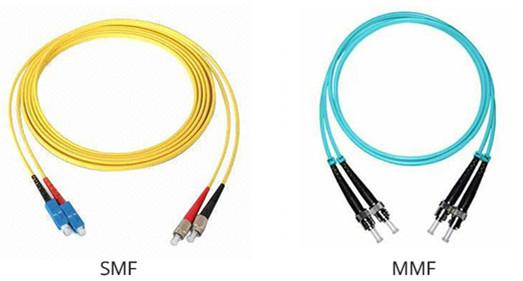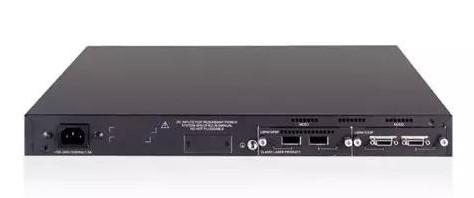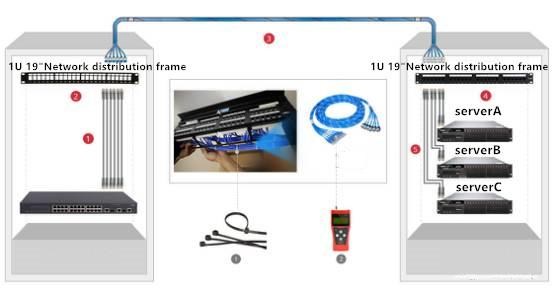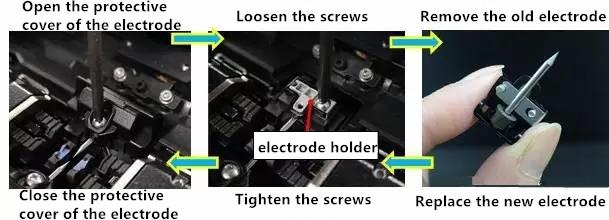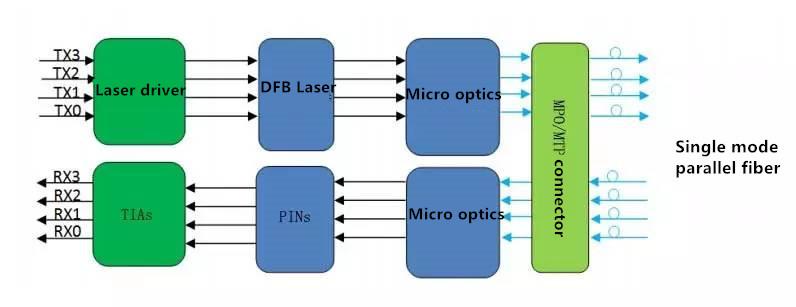- Related articles
- Optical Transceivers for Cisco WS-C3560E-12SD-S Switch
- Cisco SFP vs. GBIC vs. XFP vs. SFP Plus
- Optical Transceivers for Cisco SG200-50FP-EU Switch
- What Is Multiport Network Card
- All Cisco DWDM-XFP-54.94's information (List price, Specs, Datasheet PDF, Compatibility ma
- All Cisco XFP-10GER-OC192IR's information (List price, Specs, Datasheet PDF, Compatibility
- Applicable to 1000BASE-T Standard optical transceiver models
- Optical Transceivers for Cisco WS-C3560V2-48PS-SM Switch
- Optical Transceivers for Cisco WS-C3750G-48TS-S Switch
- All Cisco ONS-SE-2G-S1's information (List price, Specs, Datasheet PDF, Compatibility matr
Recommend tag

Difference between sfp 10g lr and sfp 10g lr s
2023-08-02
difference between sfp 10g lr and sfp 10g lr s
The main difference between the sfp-10g-lr optical module and the sfp-10g-lr-s optical module is in temperature and temperature grades.The industrial-grade temperature for the sfp-10g-lr optical module is -40 to 85℃ (-40 to 185℉).
The commercial temperature for the sfp-10g-lr-s optical module is 0~70°C (32 ~ 158°F) — by Speed Fiber.

What do SFP-10G-SR and SFP-10G-LR represent in terms of types of optical modules?
In 10GBase-LR, "LR" stands for "Long Range," with a wavelength of 1310nm for Single Mode Fiber (SMF), and a transmission distance of 10km. The SFP-10G-LR optical module meets this specification and features miniaturization, low power consumption, and long transmission distance.SFP-10G-LR transceiver is an LC duplex SFP+ transceiver for optical communications, rated for distances up to 10 km and a maximum bandwidth of 10Gbps. “LR” means long distance. The SFP-10G-LR transceiver operates at 1310nm wavelength. It can also support DOM, which is the same as SFP-10G-LR-S. DOM can provide more convenience for monitoring and operating as mentioned before.
What does sfp-10g-lr-s represent in terms of types of optical modules?
The sfp-10g-lr-s optical module has a wavelength of 1310nm, fiber type: SMF, and transmitting optical power: -8.2~0.5dBm.SFP-10G-LR-S transceiver provides 10GBase-LR throughput up to 10 km over single mode fiber at a wavelength of 1310 nm using an LC duplex patch cable. SFP-10G-LR-S can be applied in enterprise and data center in which don’t require very long distance, temperature tolerances, or other special conditions. SFP-10G-LR-S can also support DOM which can help the administrator to monitor and make feedback of the operation of transceivers, including the temperature, the bias current of the laser diode and so on.
SFP-10G-LR-S vs SFP-10G-LR
From their appearance and definition, SFP-10G-LR-S and SFP-10G-LR may be the same, but actually they have some differences in their protocols, temperatures and price.Protocol
SFP-10G-LR can support three protocols including Ethernet, OTN(Optical Transport Network) and WAN-PHY(Wide Area Network Physics). However, SFP-10G-LR-S can just support Ethernet protocol. In addition, SFP-10G-LR-S does not have TAA compliance.Temperature Range
SFP-10G-LR-S and SFP-10G-LR transceivers have different temperature ranges. But the operating temperature range of SFP-10G-LR-S is smaller, so SFP-10G-LR-S is better for shorter transmission distance applications than SFP-10G-LR. If you design a project for an enterprise or data center environment that does not need too long distance, temperature tolerances, or other special request, SFP-10G-LR-S should be just fine for you.Price
Compared with SFP-10G-LR, SFP-10G-LR-S doesn’t have too many specials. And the performance of SFP-10G-LR-S are no better than that of SFP-10G-LR. But why do so many people insist to select SFP-10G-LR-S? This is because SFP-10G-LR-S has lower prices.SFP-10G-LR-S vs. SFP-10G-LR. What is (are) the difference(s) between the two optics?In particular what are the “unnecessary features” of the SFP-10G-LR-S? Can they be used in UA to Core deployment?
…The table below shows the key feature differences for the 10 Gbps S-class vs. C-class.
For UA to core campus applications, S-class is quite suitable.
| C-Class | S-Class | |
| Multi-rate vs. Single-rate |
Multi-rate optics: § Ethernet § OTN § WAN-PHY |
Single-rate optics: § Ethernet only |
| Operating temperature range |
§ Commercial (0C to 70C) § Extended (-5C to 85C) § Industrial (-40C to 85C) |
§ Commercial (0C to 70C) only |
Conclusion
From this this article, we know that SFP-10G-LR is different from SFP-10G-LR-S in the sides of protocols, temperature ranges and price. Except the C-class and S-class SFP+ transceivers introduced in this article, there are still SFP-10G-SR and SFP-10G-SR-S transceiver.
TECHNICAL SUPPORT
Get solutions or consultation from the technical team.








































